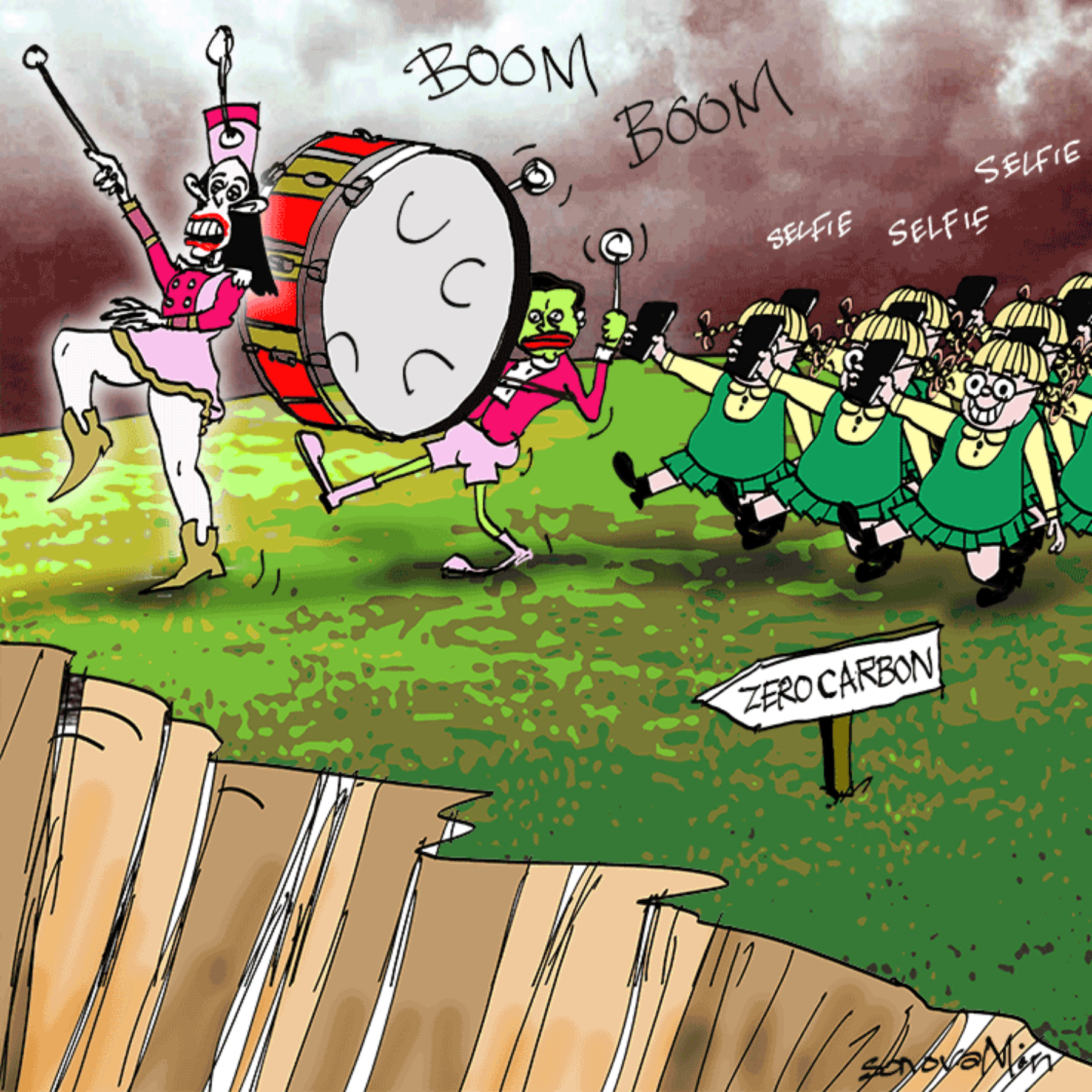Table of Contents
ACT Party
ACT Alone opposed the Zero Carbon Act. When it was debated in Parliament David Seymour said it was “pernicious, because it introduces a level of central control over economic decision-making that this country has not seen since 1984.”
“The powers that are put in the hands of Cabinet and of a Minister, under this bill, take us back to a place that New Zealand has not been for 35 years,” Seymour continued, “and that is when we were under the Economic Stabilisation Act, where a Minister or Cabinet could actually make economic decisions about not just what the general rules of the game are but how much and at what price people could trade in different sectors.”
And so, it has come to pass. Yesterday’s release of a draft annual report makes the Polish Shipyard version of New Zealand look like a free market paradise. The report recommends that Government ban petrol cars, gas heating and gas cookers. Ban coal from industry, reduce the number of farm animals by 15 per cent, and make people live in higher density housing (but also build it from wood because cement production is very energy intensive).

For every stick there will also be a carrot, with the Commission urging the Government not only to ban some things but engineer new habits. For example the Commission recommends that the Government take steps to “increase the circularity of resources in Aotearoa.” The bonanza for make work schemes is only just beginning.
Perhaps worst of all, the various interventions won’t actually reduce emissions. So long as there are a certain number of credits for emissions each year, people will emit them one way or another. The Government banning one technology or subsidising another simply frees up credits for emissions in another way. It’s nuts.
Just to be clear about that last point. None of this actually reduces emissions. The Zero Carbon Act is simply a huge bureaucratisation of New Zealanders reaching their emission reduction targets under the Emissions Trading Scheme cap.
The National Party voted for this legislation, along with the Greens, Labour and New Zealand First. Business New Zealand is saying (to paraphrase) that they don’t think it’s a bad idea and look forward to working on it. Practically the whole country is blithely accepting a descent into central planning. An exaggeration? The Commission is quite clear when it says some industries will have to close, people will work in others.
What’s more, it imports economic isolationism from overseas. If other countries enjoy cheaper carbon credits, can New Zealanders buy them? No. (ACT’s amendments to the legislation back in November 2019 would have allowed this but every other party voted against these amendments). Allowing international credits would have been a safety valve against New Zealanders paying more to emit carbon than our foreign competitors, but the Zero Carbon Act is not about efficiency, it is about vanity.
The public (you) now have until March 14 to make submissions on the draft plan, and the Commission will take two weeks to consider your views before issuing a final report. After that, the law requires the Government to take action within eight months to either follow its recommendations of come up with its own equivalent plan.
There’s got to be a better way. Actually, it’s already in place. If the Government wants to reduce the net amount of CO2 and equivalent greenhouse gases emitted by New Zealanders, it need only say. It could set a number and leave the rest to individual choices. The only rules would be, if you emit you must buy a permit, and if you do something that absorbs CO2 equivalents, then you can get a credit.
That’s what the Emissions Trading Scheme already does. New Zealanders could reduce overall emissions based entirely on individual decisions. It would be a free enterprise approach instead of state control. Some people might choose to keep cooking with gas inside (it’s not clear if barbecues are banned or if restaurants will have to cook with electricity). Others might buy a large vehicle for a large family or for out on the farm. Of course, they’d have to pay more for emissions permits, but they would be free to choose.
That is the sensible alternative. Accept that the developed world had decided to decarbonise and will expect, through trade and other mechanisms, that New Zealand do the same. Then set about achieving it without paying more than the rest of the world (by being able to buy the same international credits) or enlarging one of the greatest problems we already have, dictatorship by bureaucracy (by using the market mechanism of price).
We believe that this will be one of the most important political battles of the year. ACT’s position has not changed since 2019. We recognised the central control, bureaucracy and waste for what it was back then. We always know where true north lies while other parties spin hopelessly. It appears ACT will have to fight this battle alone. We hope you are up for this challenge.
Please share this BFD article so others can discover The BFD.









